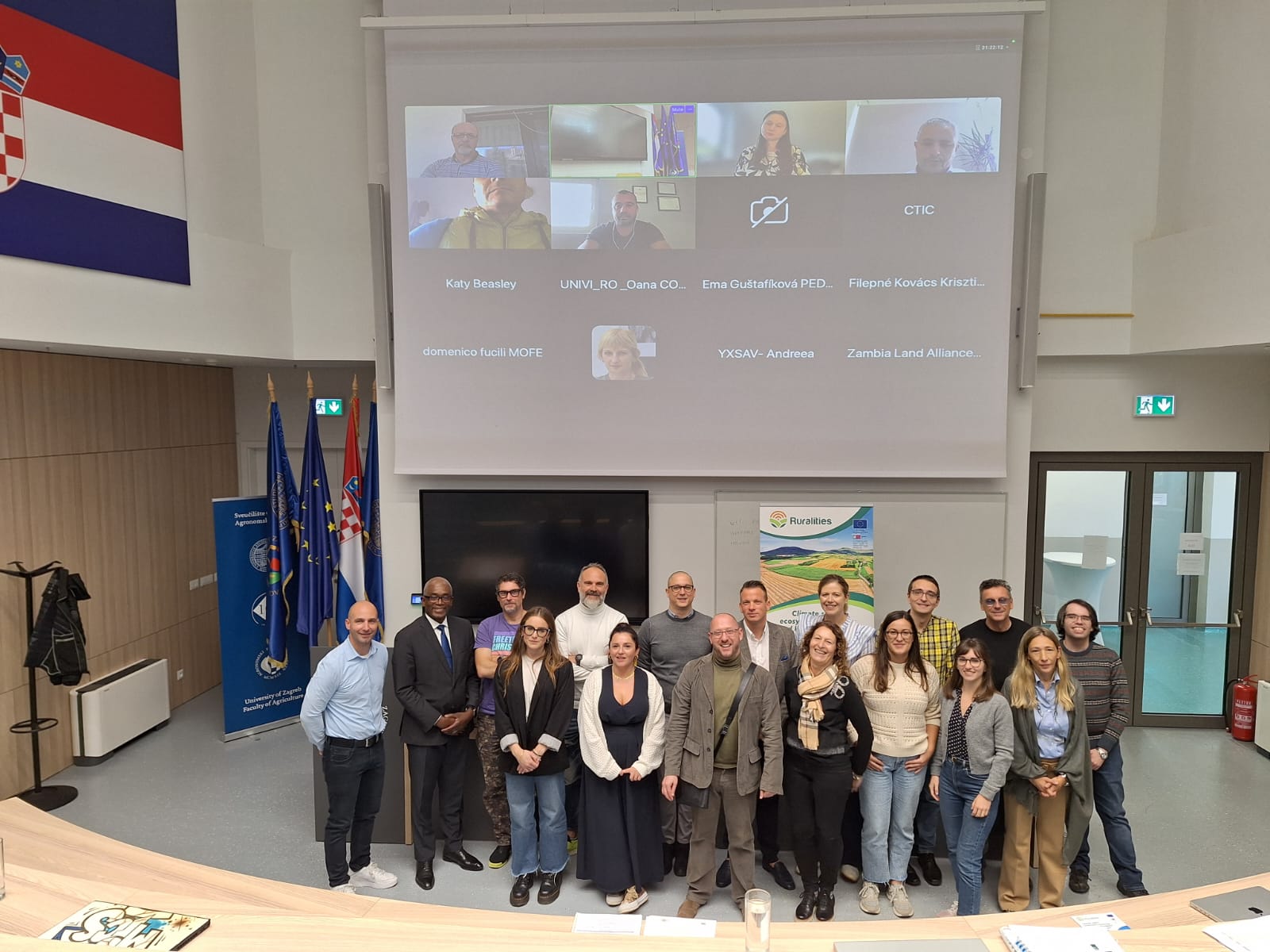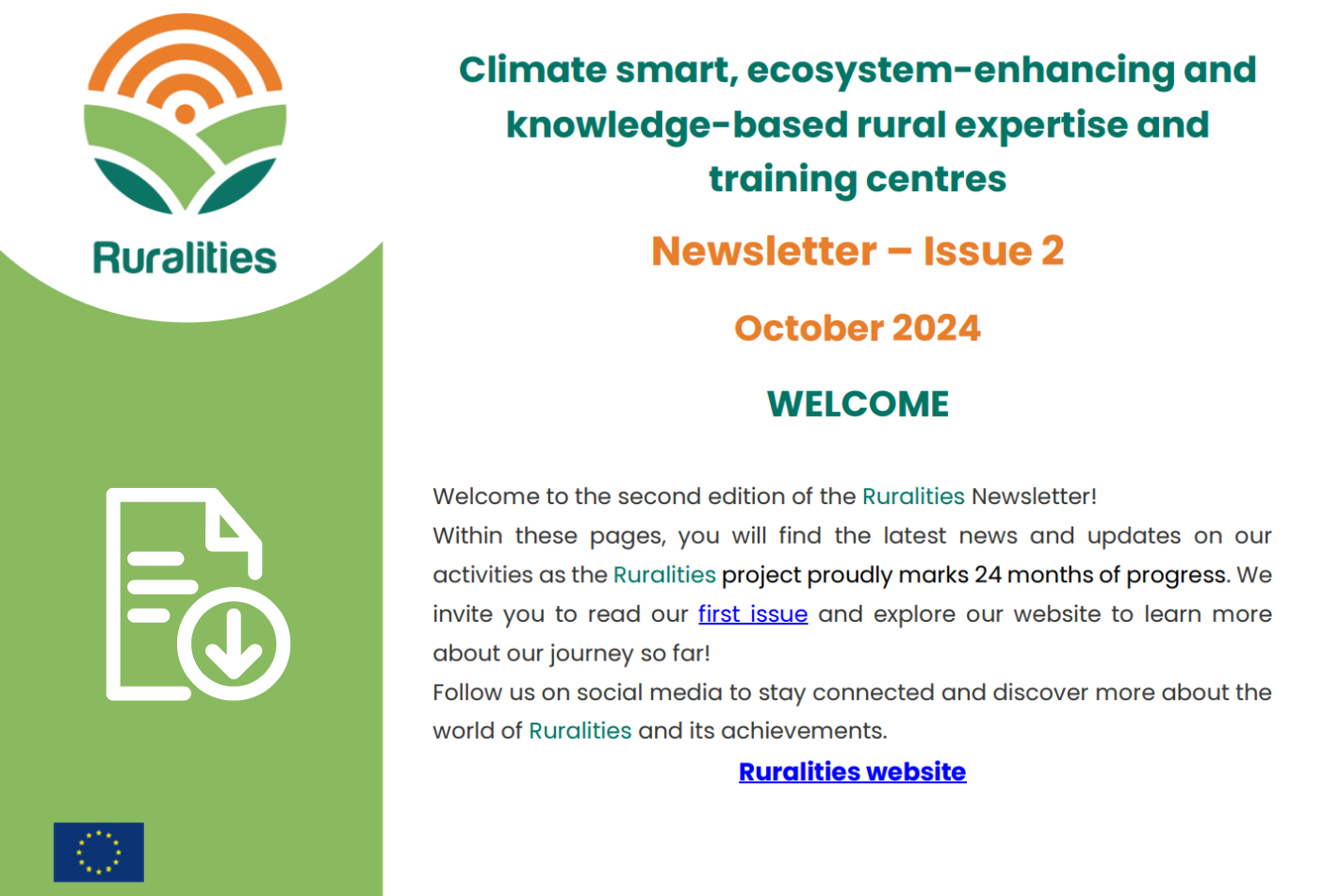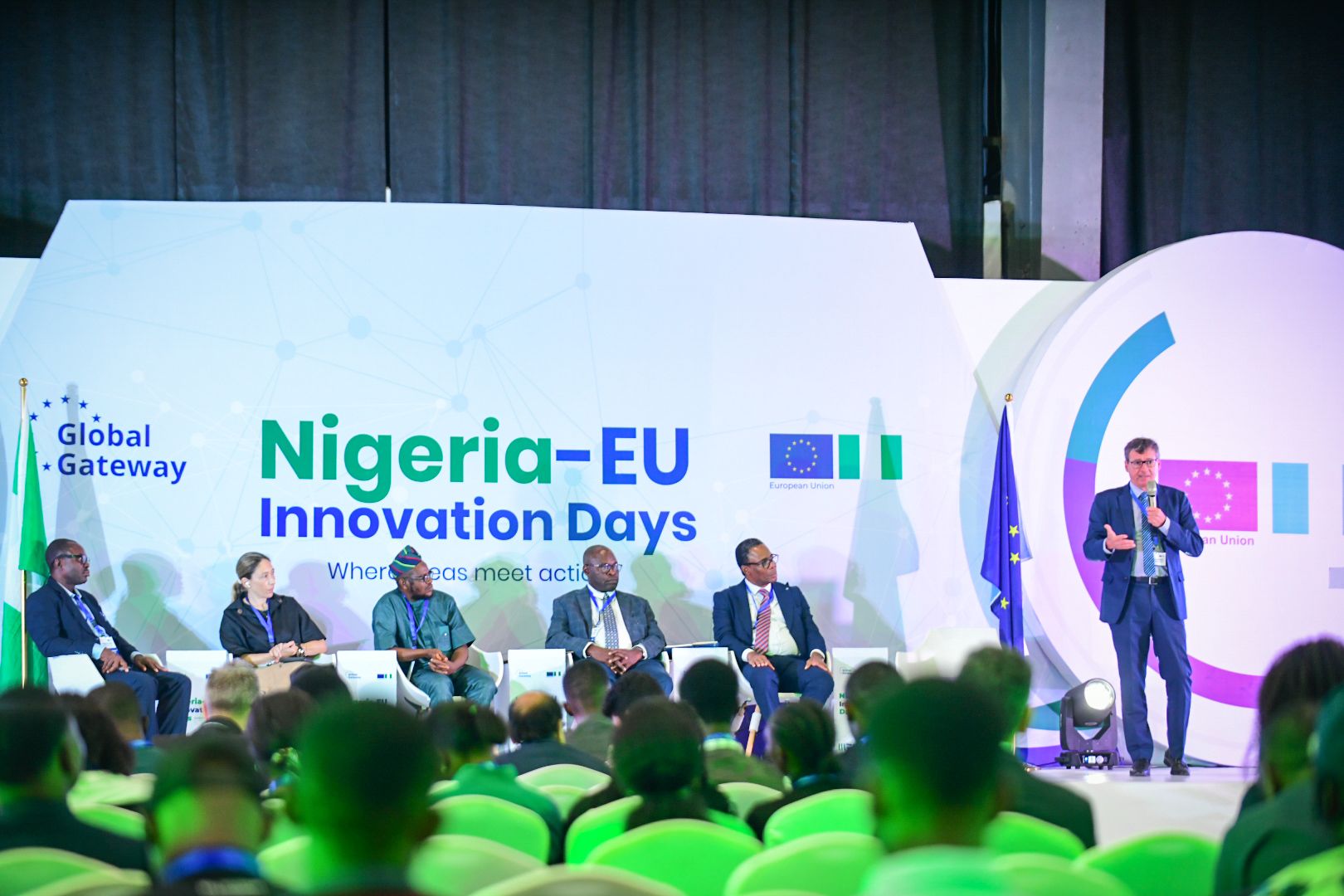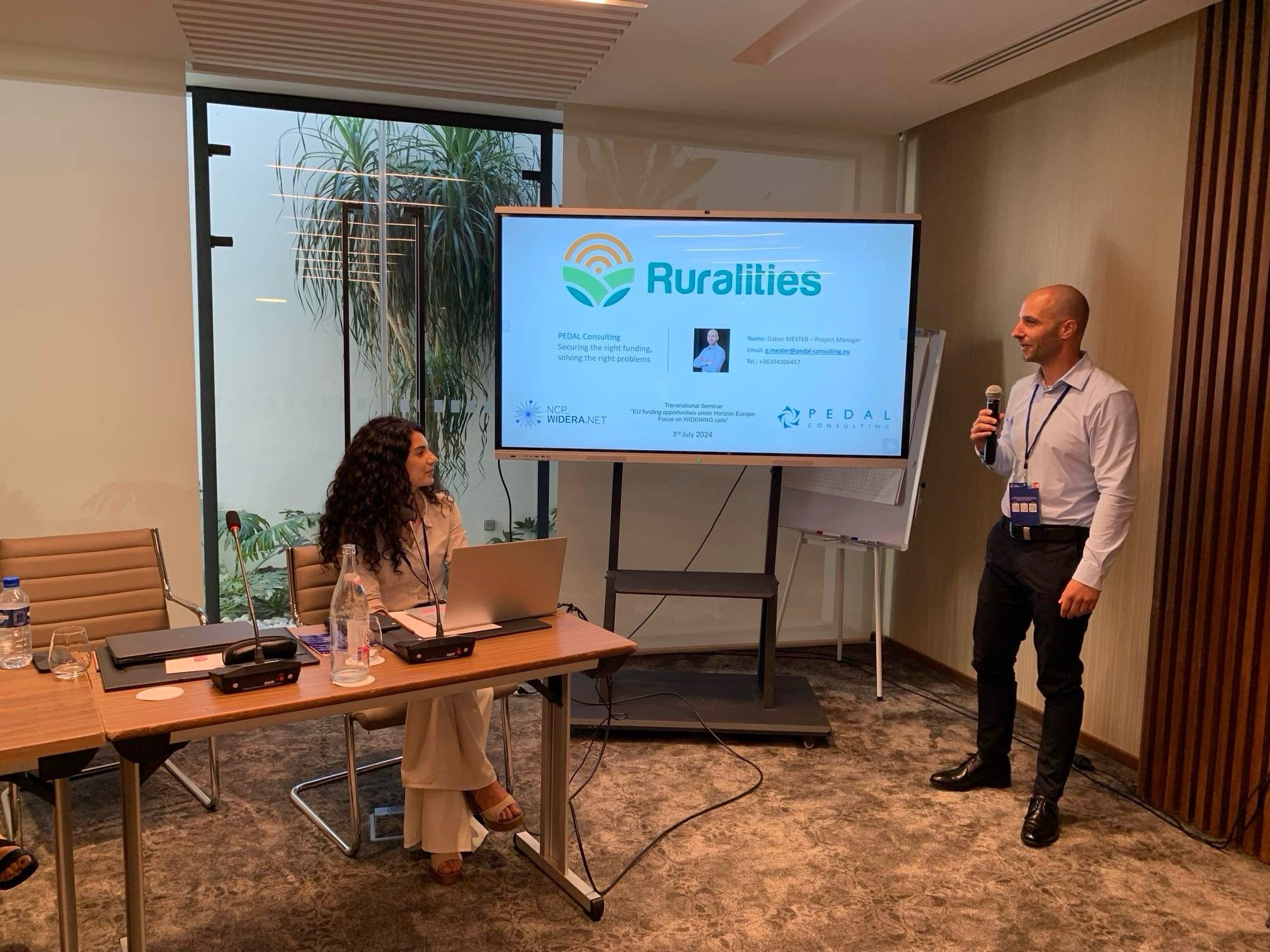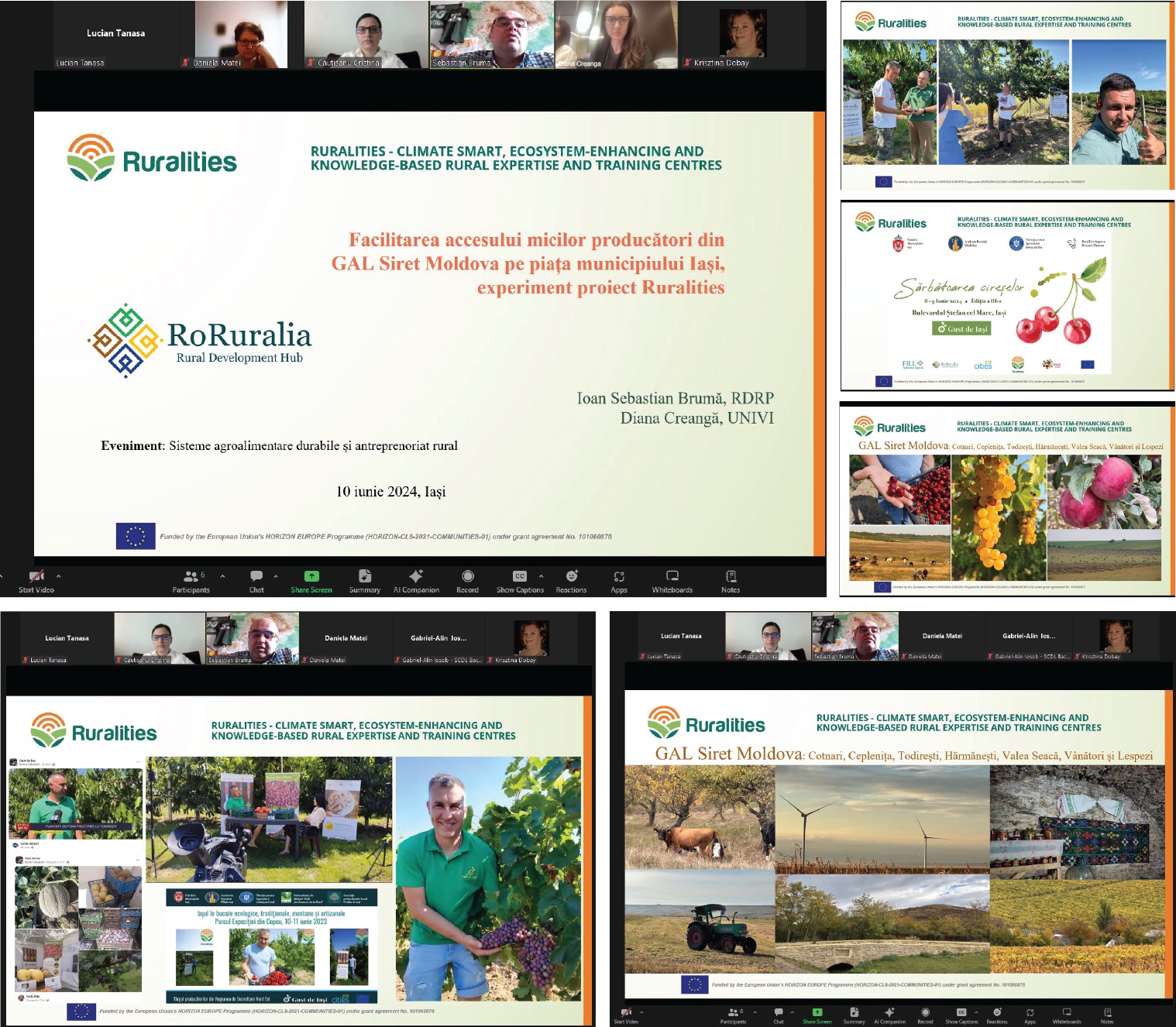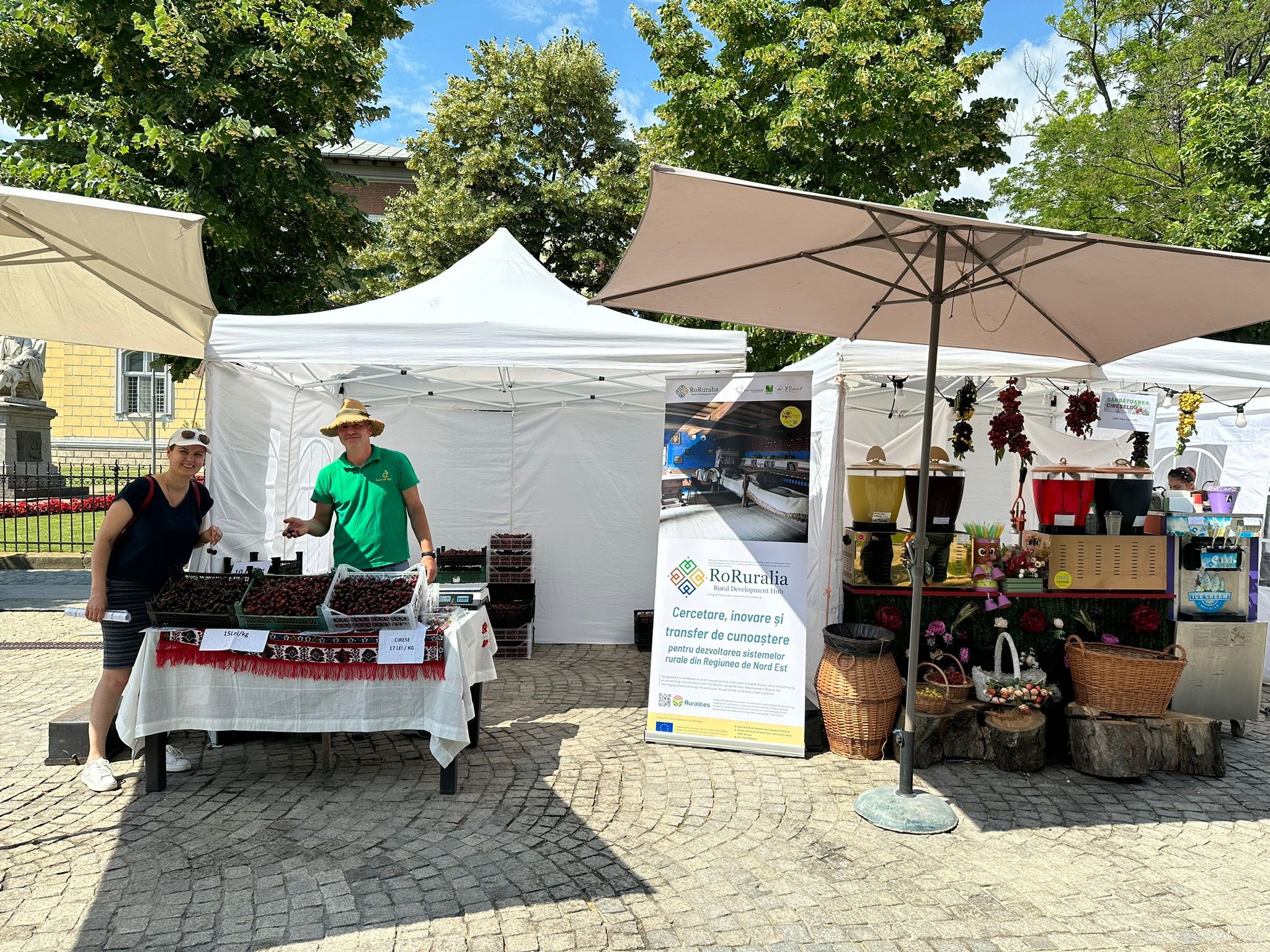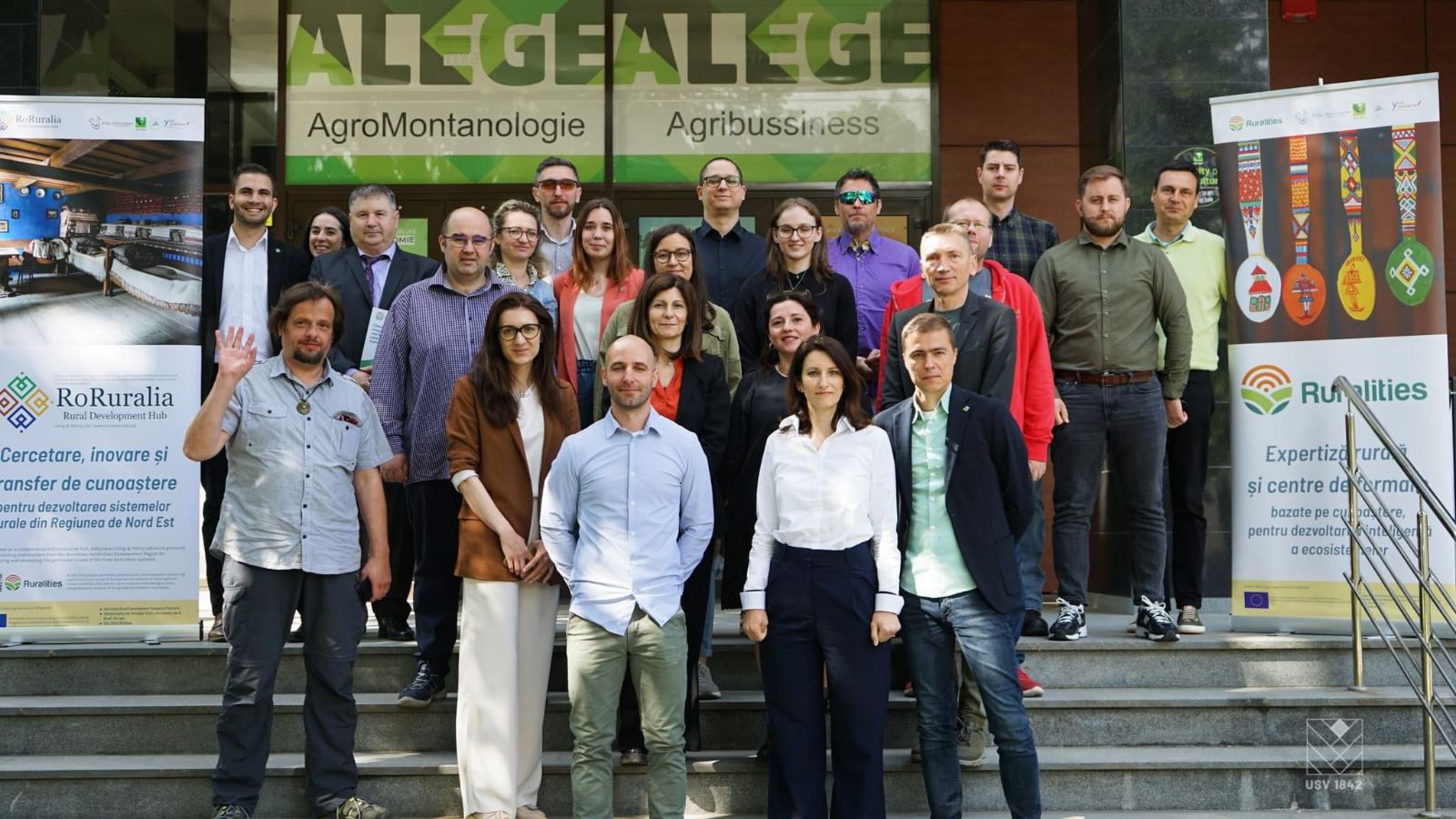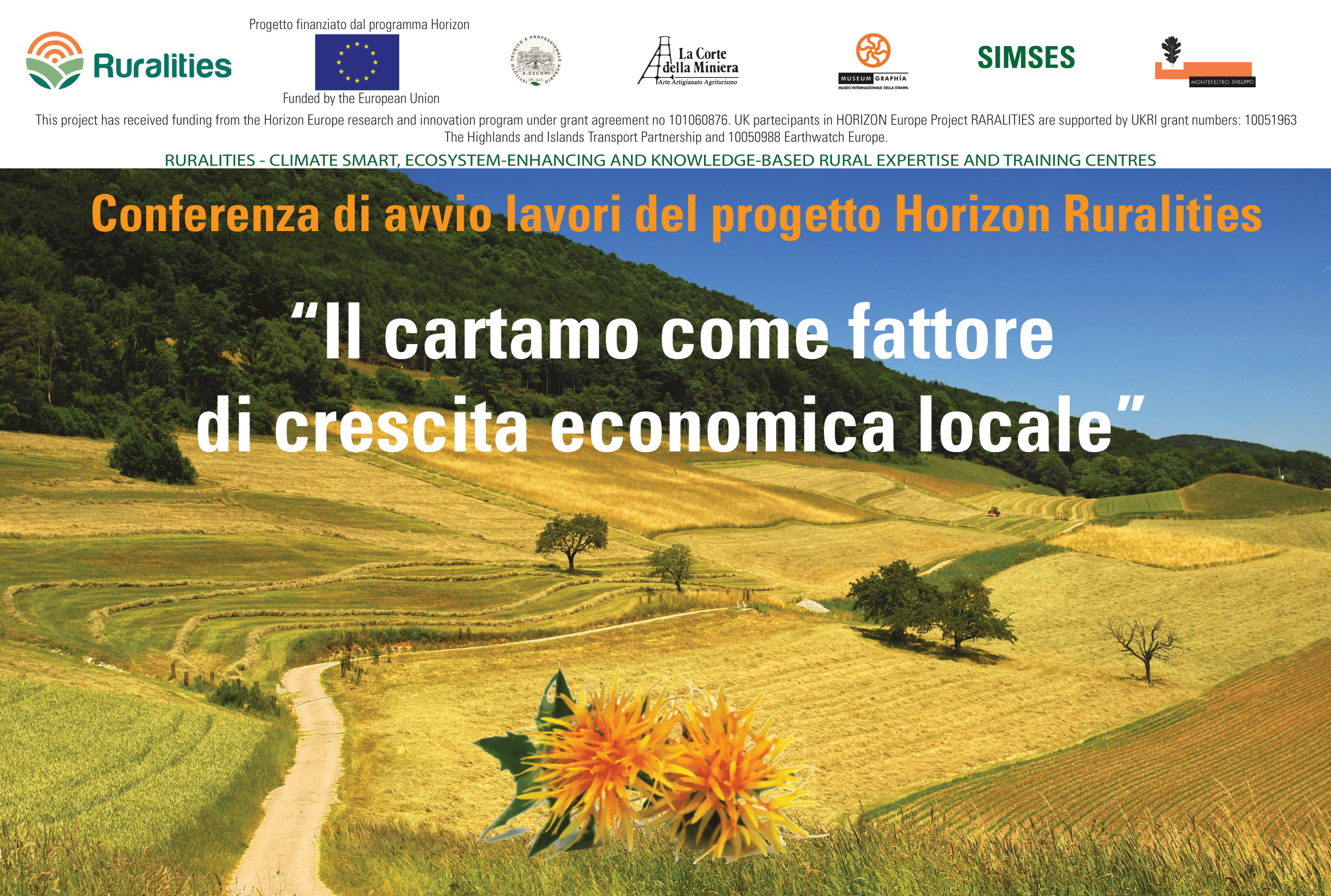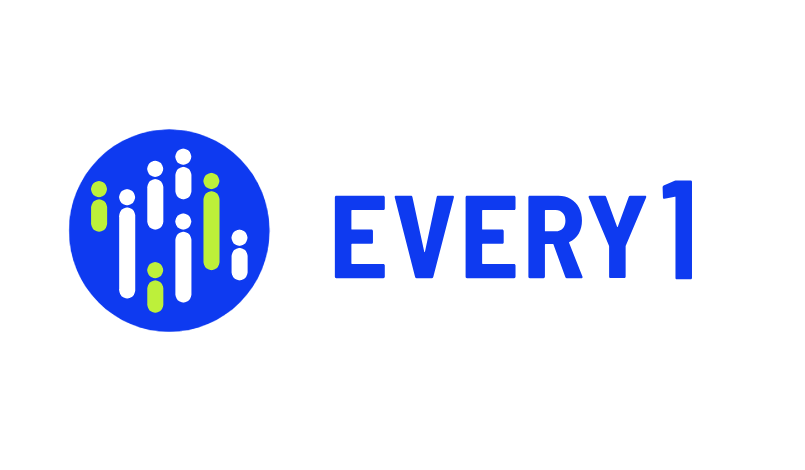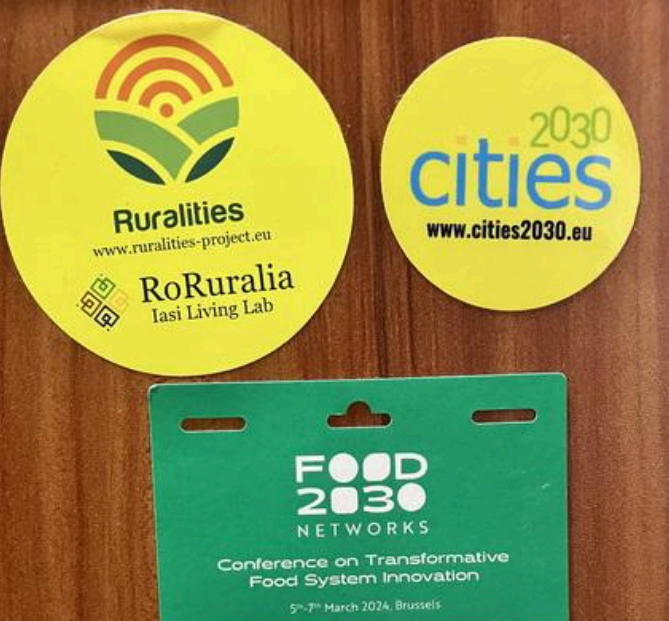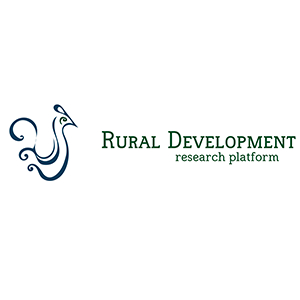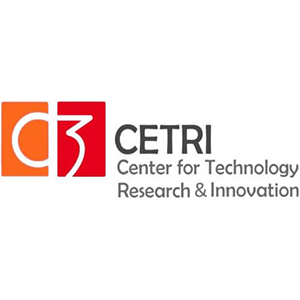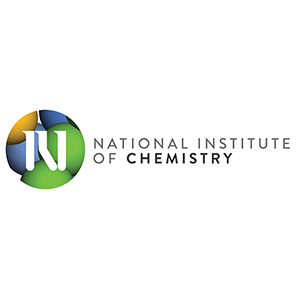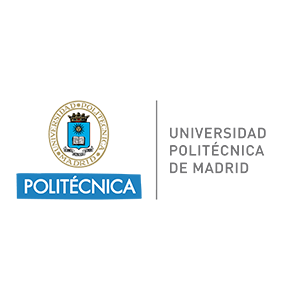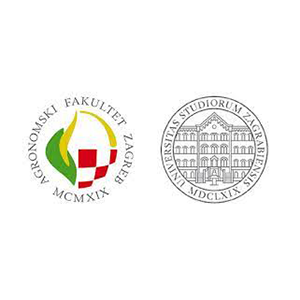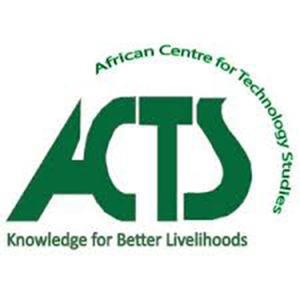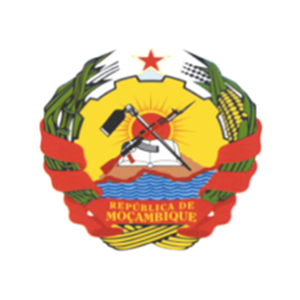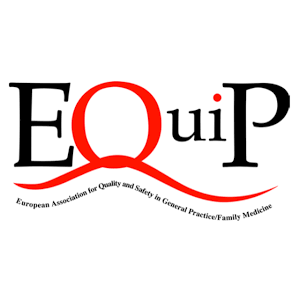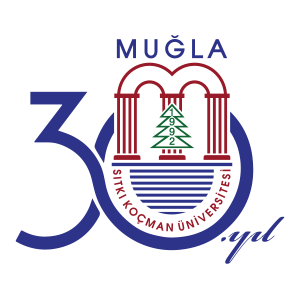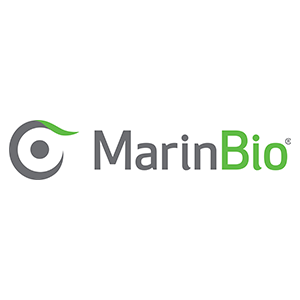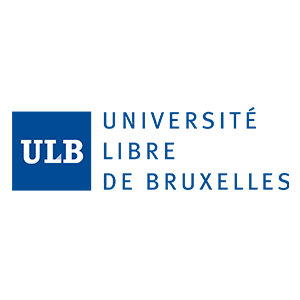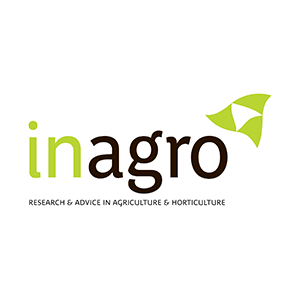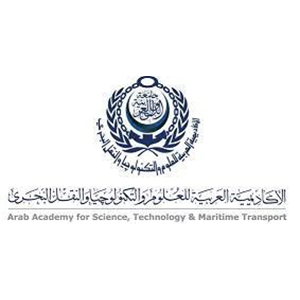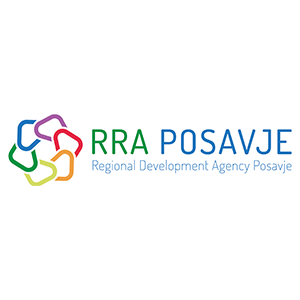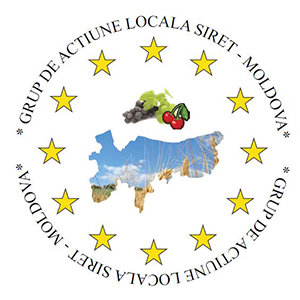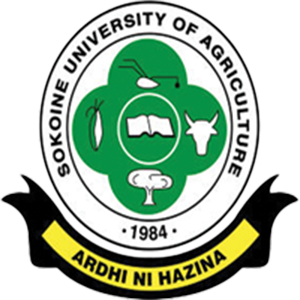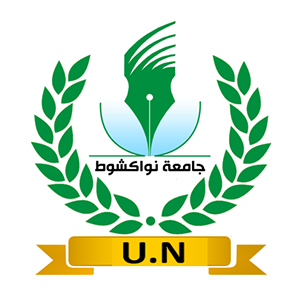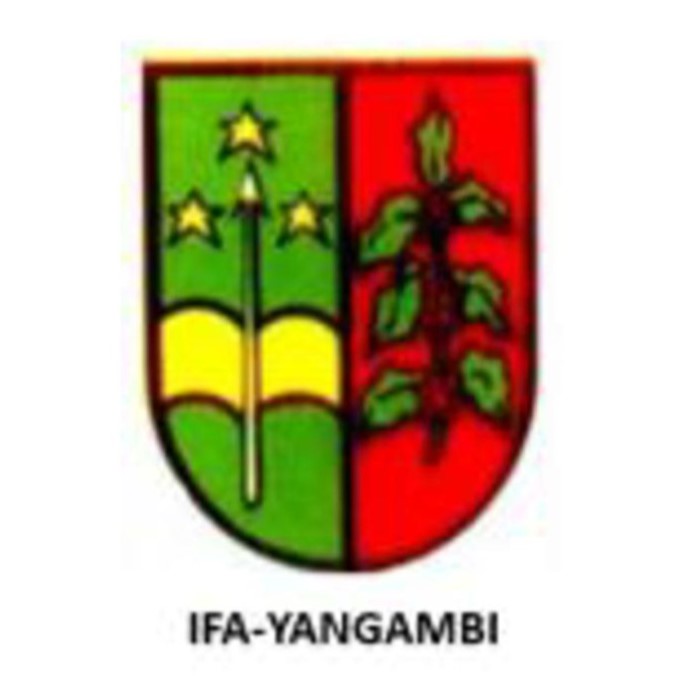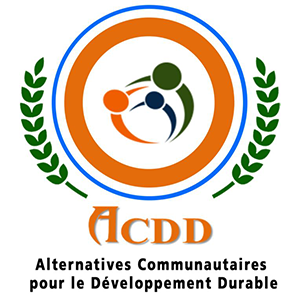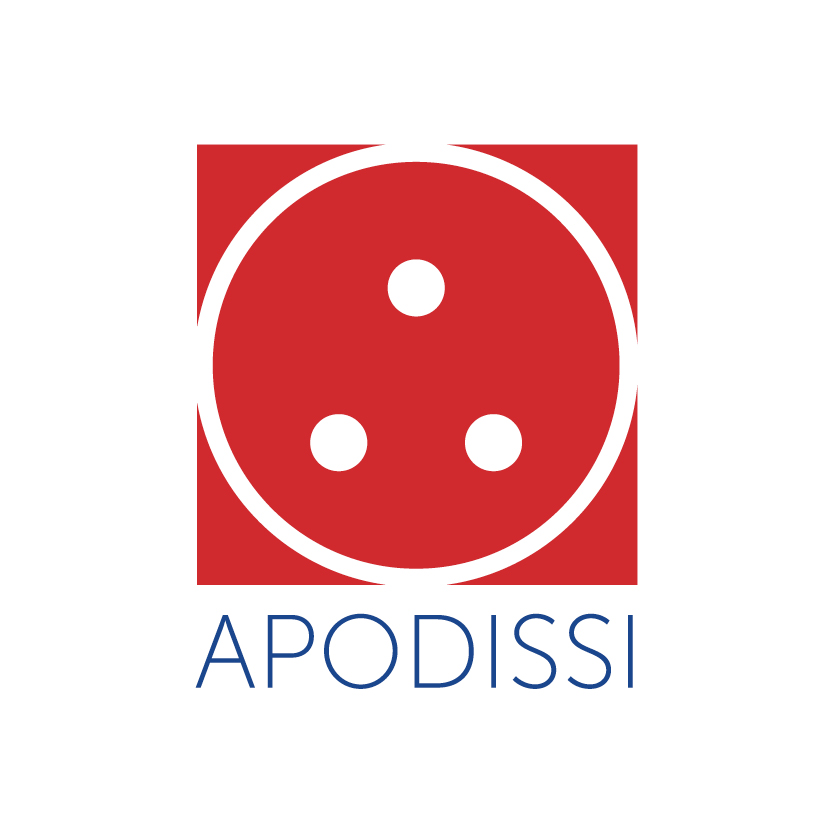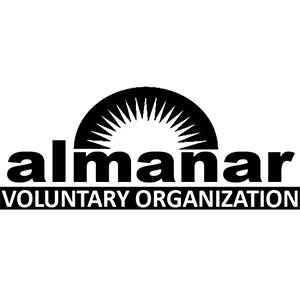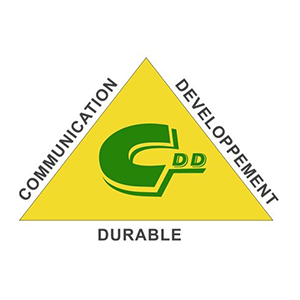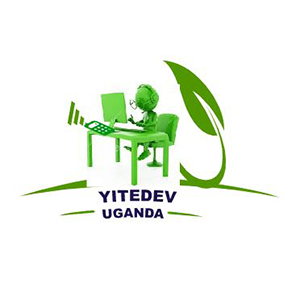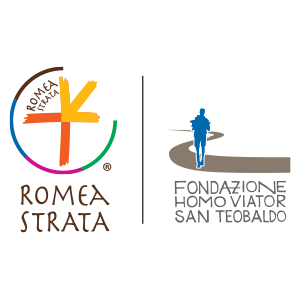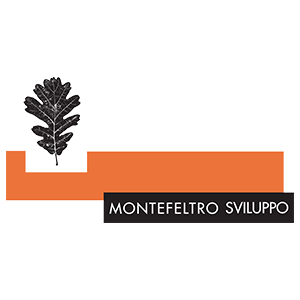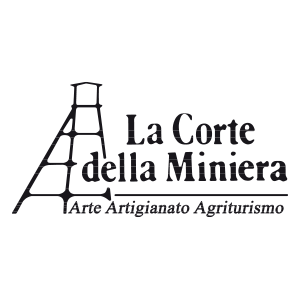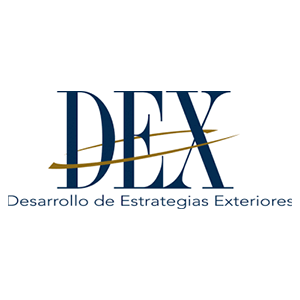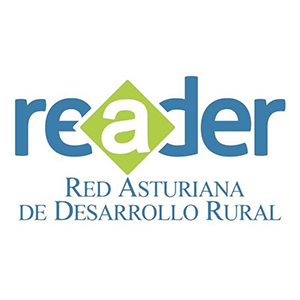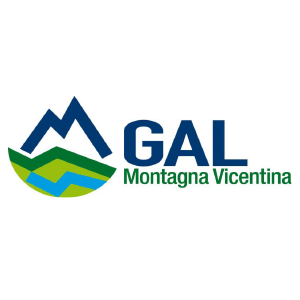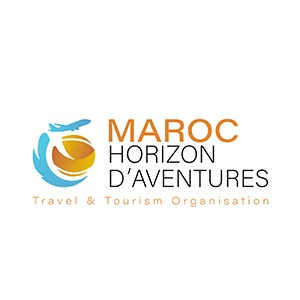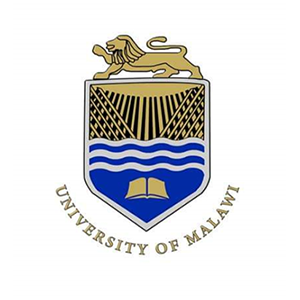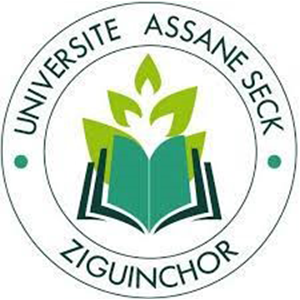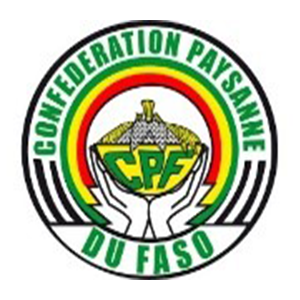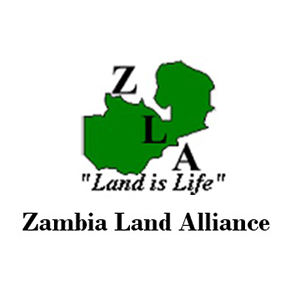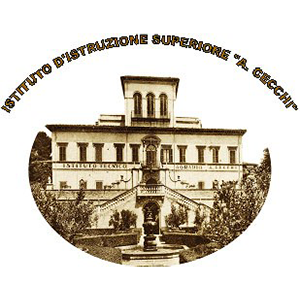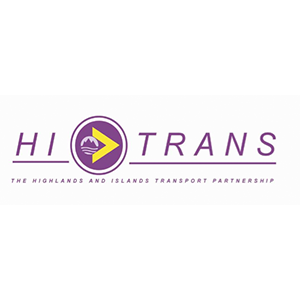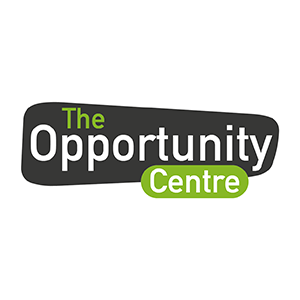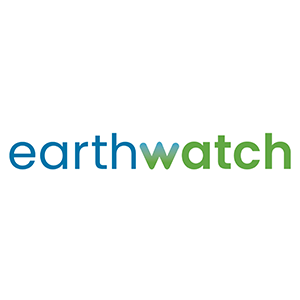The RURALITIES Project consortium recently had its General Assembly on October 29-30, 2024, at the University of Zagreb Faculty of Agriculture in Croatia. This gathering marked an important milestone, as partners from across Europe and Africa came together in a hybrid meeting to reflect on two years of achievements and strategize on the future trajectory of the project. With an agenda packed with insightful presentations, workshops, and collaborative sessions, the event highlighted RURALITIES’ strides in transforming rural areas and fostering innovation.
The assembly covered key updates and discussions, including:
Milestone Reflections: A comprehensive summary of the accomplishments and key learnings from the first two years of the project, showcasing advancements made in enhancing sustainable rural practices.
Work Package Progress: Each work package leader presented their objectives, results, challenges encountered and the way forward.
Areas for growth: WP7 focused on establishing a RURALITIES expertise centres for addressing rural-specific challenges, while WP8 outlined pathways for multi-point learning settings and training hubs to expand the project’s impact.
SIMSES Workshop: Partners collaborated in an interactive workshop to brainstorm and refine the RURAL Thrive Campaign’s upcoming testing phase.
The General Assembly not only celebrated what RURALITIES has achieved but also set clear pathways for the next steps in rural innovation and sustainability. The two-day gathering was filled with discussions on how RURALITIES will continue to reshape rural landscapes across Europe and Africa, backed by strong partnerships and a shared vision for resilient, thriving communities.
Special thanks to the University of Zagreb Faculty of Agriculture and Marko Vinceković for hosting the event with outstanding hospitality. We look forward to gathering again in six months to review our progress and launch the next stages of the RURALITIES journey!
RURALITIES Second Newsletter Release
RURALITIES Second Newsletter Release: Key Updates and Progress
The RURALITIES project proudly announces the release of its second newsletter, marking 24 months of achievements and milestones in advancing sustainable rural development. This edition provides insights into the project’s activities and progress while outlining the next steps.
Key Highlights:
• Achievements: Updates on work packages and milestones, showcasing efforts in engaging rural actors, developing innovation tools, and establishing expertise centers across Europe and Africa.
• Workshops and Events: Recaps of successful events, including living lab workshops and conferences, fostering collaboration and stakeholder engagement.
• Future Goals: Project’s roadmap for the coming months, including further living lab activities and the formalization of the Rural Thrive campaign.
To explore the full newsletter and learn more about the innovative methods and collaborative efforts driving RURALITIES forward, click here or on the picture below.
RURALITIES Project Presented at Nigeria-EU Innovation Days in Lagos
On July 10, 2024, Margherita Trestini, General Manager of Apodissi, who is our project partner in RURALITIES, participated in the “EU-Nigeria Ongoing Successful R&D Projects” panel during the Nigeria-EU Innovation Days in Lagos. During her presentation, Trestini highlighted the significant achievements of Project RURALITIES in supporting capacity building for smallholder farmers across various regions.
Her contribution showcased how RURALITIES has played a key role in empowering local communities through sustainable agricultural practices and innovative solutions. The event, hosted by the EU Delegation to Nigeria, provided a platform for sharing impactful projects that strengthen the relationship between Nigeria and the EU.
A recording of the event can be found on the EU Delegation to Nigeria’s YouTube channel: Watch here.
Their hard work and commitment are already showing results, as their locally grown cherry varieties are gaining popularity and delighting customers. This family’s story is an inspiring example of how dedication and a return to one’s roots can contribute to local economic growth and revitalization.
As part of our RoRuralia Living Lab initiative, we are excited to support this family in promoting their business and helping them engage with the wider community. By participating in local events and showcasing their unique products, they are playing an important role in the sustainable development of their region, contributing to a thriving rural economy.
RURALITIES Showcased at EU Funding Opportunities Event in Tunisia
On July 3, 2024, Gabor Mester, the RURALITIES project coordinator, participated in the event titled “EU Funding Opportunities under Horizon Europe: Focus on Widening Calls.” This event took place in Tunisia and was organized by the Unit for the Management of the European Research and Innovation Framework Programme “Horizon Europe” under the Tunisian Ministry of Higher Education and Scientific Research. At this event, RURALITIES project was showcased as a best practice example for Pillar 2 calls from Associated Countries, North Africa, and Outermost Regions.
The event gathered experts to achieve several key objectives:
Showcase Funding Opportunities: Present various funding opportunities available under Horizon Europe.
Raise Awareness: Increase understanding of “Widening” calls within Horizon Europe.
Strengthen Synergies: Enhance cooperation between Horizon EU-WIDERA and other European networks.
Share Insights: Provide valuable insights into the proposal writing process for Pillar II actions.
We extend our heartfelt thanks to the NCP_WIDERA.NET project team for organizing this event. Their efforts have significantly contributed to raising awareness and promoting synergies across different regions and networks.
To learn more about how the NCP_WIDERA.NET project can assist you in securing your next project, visit the following link: NCP_WIDERA.NET Project
Stay tuned for more updates and insights from the RURALITIES project as we continue to drive sustainable development and innovation across rural areas.
Advancing Market Access for Small Producers in Romania
Lucian Tanasă (RDRP) and Sebastian Bruma (RDRP) recently organized the conference “Sustainable Agri-Food Systems and Rural Entrepreneurship Edition I” shedding light on innovative strategies for rural development. During this event, Sebastian Bruma (RDRP) and Diana Creanga (UNIVI) presented a significant paper titled “Facilitating the Access of Small Producers from GAL SIRET MOLDOVA to the Iași City Market,” as part of the Ruralities project experiment.
This presentation focused on innovative strategies aimed at overcoming the economic and logistical challenges faced by small producers. The paper outlined efforts to develop sustainable agricultural systems that support local economies while maintaining environmental integrity. By promoting short supply chains and local markets, the initiative aims to increase visibility and profitability for small producers.
Bruma and Creanga’s comprehensive analysis detailed the project’s results, challenges, and future prospects, contributing to a resilient agro-economic ecosystem in Romania’s Northeast Development Region. Lucian Tanasă’s role in organizing the conference was crucial in facilitating these important discussions and advancing sustainable rural development.
Empowering Local Farmers: RoRuralia Living Lab Boosts Cherry-Growing Business in Todirești
On June 7, 2024, our Project RURALITIES partners, Sebastian Bruma (RDRP), Lucian Tanasa (RDRP), and Diana Creanga (UNIVI), visited the Todirești region in Iași, Romania, where they met a remarkable family of local entrepreneurs. After spending many years working in Italy, this family made the decision to return to their homeland and invest their knowledge and passion into starting a cherry-growing business.
Their hard work and commitment are already showing results, as their locally grown cherry varieties are gaining popularity and delighting customers. This family’s story is an inspiring example of how dedication and a return to one’s roots can contribute to local economic growth and revitalization.
As part of our RoRuralia Living Lab initiative, we are excited to support this family in promoting their business and helping them engage with the wider community. By participating in local events and showcasing their unique products, they are playing an important role in the sustainable development of their region, contributing to a thriving rural economy.
Third RURALITIES Project Board Meeting in Iași
RURALITIES Project partners recently got together in Iași, Romania, for a two-day Project Board meeting on May 15-16, 2024. This event was held at the premises of Iași University of Life Sciences, organized by our partner, the Rural Development Research Platform (RDRP).
On the first day, the team discussed the progress of each work package and the challenges encountered in establishing innovative rural methods through our pilot areas, including SIMSES. The meeting provided a valuable opportunity to assess our current trajectory and plan for the future.
The second day of the board meeting was marked by fruitful discussions among the partners, focusing, among other things, on establishing the methodology for creating living lab networks across our pilot areas.
The board members also set pathways for the African partners, who will become more actively involved by September 2024 in the project.
The Board meeting has strengthened the bonds that make our collaboration resilient and vibrant. The next three and a half years are set on a strong, respectful, and collaborative foundation, promising innovative advancements in rural development.
After the productive Board meeting, our hosts, the Rural Development Research Platform and Iași University of Life Sciences (IULS), took us to a university’s labs tour. This tour showcased the forefront of their research and development in various industries in the rural area of Iași and Romania. We had an opportunity to delve into technologies shaping the production of pastry and bakery products, meat products, dairy products, and brewing technology.
Upcoming Conference: “Safflower as a factor of local economic growth”
Our partners La Corte della Miniera (CDM) and ISTITUTO D’ISTRUZIONE SUPERIORE A CECCHI (IASAC) are organizing a joint conference on 29th of April 2024 with title “Safflower as a factor of local economic growth. During this event our partner ” Dr. Valerio Coppola from Gal Montefeltro Sviluppo (MOFE) will present the RURALITIES project, emphasizing its philosophy of true local development for rural areas. The project aims to share this method across European partners and African territories, promoting sustainable development processes. In the March pilot area, the focus is centered around safflower cultivation and transformation.
Safflower (Carthamus tinctorius), known for its oil-rich seeds and historical uses in food coloring and fabric dyes, is gaining scientific and agricultural interest for its resilience to climate adversities and potential as a biofuel source. Società Produttori Sementi has conducted varietal selection and optimized agronomic techniques, leading to certified safflower seeds and improved yields.
RURALITIES and EVERY1 Project Join Forces for Inclusive Energy Market Engagement
We are excited to announce our collaboration with the EU-funded CITIES2030 project, dedicated to revolutionizing urban food systems and ecosystems (UFSE) across Europe. The project’s overarching goal is to foster sustainability and ensure food security by uniting researchers, entrepreneurs, civil society leaders, and cities.
CITIES2030 focuses on transforming various aspects of UFSE, including production, transportation, supply, recycling, and reuse of food. At the core of the initiative is the development of a blockchain-based UFSE management platform, creating a digital twin of the entire system. This innovative approach promotes future-proof and citizen-centric solutions to address pressing challenges.
The project aims to connect short food supply chains, actively engage citizens, and drive policy developments and innovation actions. By enhancing resilience and sustainability, CITIES2030 seeks to enable local investments and transnational deployments, ultimately creating a more efficient and trustworthy food system for all.
Through our collaboration with CITIES2030, RURALITIES reaffirms its commitment to supporting initiatives that drive positive change and promote sustainable development. Together, we look forward to contributing to the transformation of urban food systems, ensuring a healthier and more resilient future for communities across Europe.
RDRP Engages in Transformative Food System Innovation at Food2030 Networks Conference
Rural Development Research Platform (RDRP), a proud partner of the RURALITIES project, recently participated in the Food2030 Networks Conference on Transformative Food System Innovation, held from March 5th to 7th, 2024, in Brussels, Belgium.
Key Objectives of the Conference: The conference aimed to:
Coordinate cross-project collaboration for transforming the agriculture and food system.
Bring together living labs and innovators focusing on technological, social, governance, and market-driven solutions.
Foster dialogue with policymakers on overcoming barriers to transformative change.
Conference Highlights:
March 5th – Workshop for Projects: Participants engaged in meetings and discussions to foster collaboration, exchange good practices, and establish partnerships.
March 6th – Platforms for Innovators: Emphasis was placed on incremental and transformative innovation within multi-actor systems, aligning with the quad helix model.
March 7th – Dialogue with Policymakers: Decision-makers’ roles were discussed extensively, underscoring the importance of engaging policymakers in transformative initiatives.
Conclusion: The conference showcased a pragmatic approach, transitioning from organizational focus to addressing issues within multi-actor systems. Emphasis was placed on systemic thinking, transformative innovation, and multi-actor collaboration, reflecting a dynamic shift towards holistic food system transformation.
RDRP is committed to leveraging insights gained from this conference to further contribute to transformative food system innovation and sustainable rural development.

